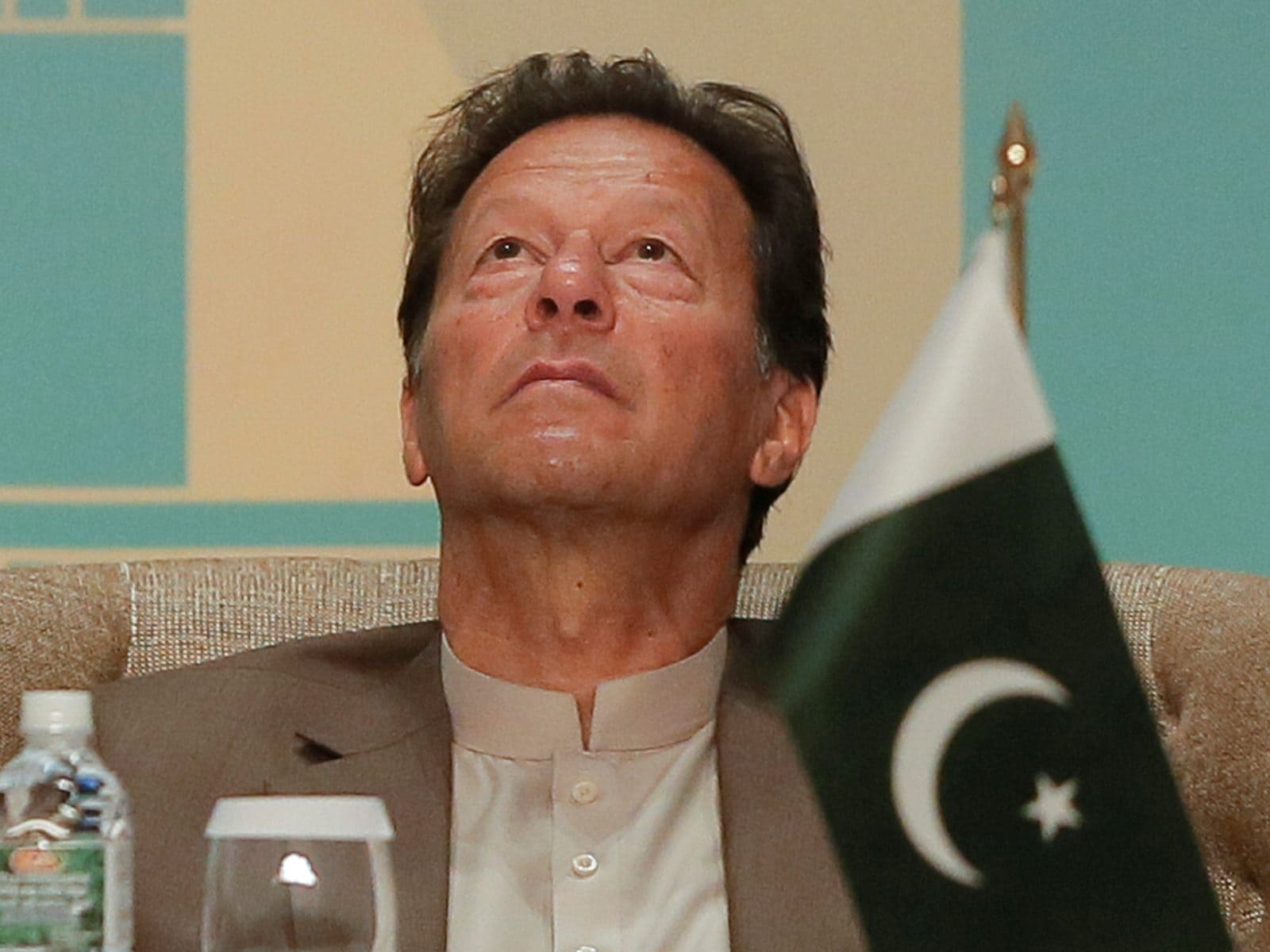The issue of secret diplomatic cables, which was at the center of the controversy before the vote of distrust against former Prime Minister Imran Khan, was due to PTI leaders claiming that “Cypher” was withheld by Imran first and then by foreigners. It is in the limelight again. Minister Shah Mahmood Qureshi.
PTI Chairman’s Chief of Staff Shahbaz Gill told reporters outside the Supreme Court on Tuesday that the former foreign minister told him the diplomatic cable was deliberately hidden from him and Imran Khan.
The Foreign Office, on the other hand, denied the claim as “completely false,” claiming that the Cypher Communication received from the Embassy in Washington was “hidden” from the Foreign Minister or Prime Minister.
“Such a question does not arise.” “The Foreign Office operates on a professional basis, and casting aspersions on its operations would be counterproductive,” a foreign office spokesperson said in a statement.
According to a source, standards were established for Cypher communications, particularly those received from major countries. All relevant figures, including the president, prime minister, foreign minister, the army chief, and DG ISI, receive such diplomatic cables under routine operational procedures.
The source went on to say that there was no way around the well-established protocol.
The secret diplomatic cable describes a meeting between Pakistan’s then-Ambassador to Washington, Asad Majid, and Donald Lu, the US Under Secretary for South and Central Asia. The US diplomat relayed the Biden administration’s misgivings about Pakistan’s “neutral” attitude toward the Russia-Ukraine conflict during that discussion. The Pakistani envoy, in particular, expressed the US’s displeasure with Imran Khan’s travel to Moscow at a time when President Putin was ready to invade Ukraine.
What caused the political storm and controversy was the claim by Imran that in that secret cable the US official warned Pakistan of dire consequences if the vote of no confidence against him was not successful.
Imran went on to add that the US official told the Pakistani envoy that Islamabad would be forgiven if the no-trust motion succeeded.
The matter of the diplomatic cable and the alleged US conspiracy was discussed twice by the country’s high-powered National Security Committee (NSC), once when Imran was still prime minister and again after he was deposed.
The military leadership indicated unequivocally in both closed-door meetings that there was no evidence of a US conspiracy. But Imran argued that the NSC admitted to “intervention,” which he said merited a full investigation.
“I think it is not for me to enter into the meaning and semantics of these terms,” the FO spokeswoman said in response to a question about the difference between “interference” and “conspiracy.” It is fairly evident that the issue has been thoroughly and sufficiently examined and addressed in NSC sessions.”
In response to an inquiry concerning the withheld communication, he replied unequivocally that “such claims are false.” “There is no question of hiding or withholding information like that. It was a Cypher Telegram, which is a document that must be handled and accessed in strict conformity with appropriate cypher instructions and protocols. “The Telegram was promptly received at the Foreign Office and distributed to the appropriate authorities,” he continued.
Mahnur is MS(development Studies)Student at NUST University, completed BS Hons in Eng Literature. Content Writer, Policy analyst, Climate Change specialist, Teacher, HR Recruiter.










